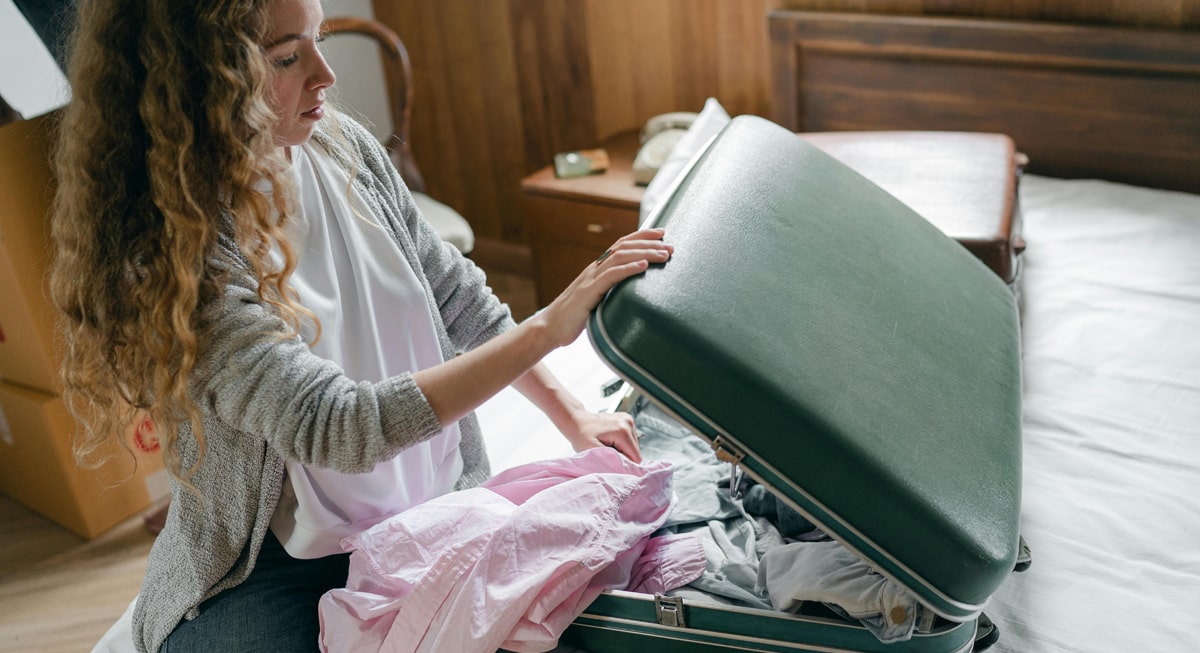 We have all heard the recommendations - have 3-6 months worth of expenses put away in an emergency fund.
We have all heard the recommendations - have 3-6 months worth of expenses put away in an emergency fund.
But where should you keep your emergency fund? I don't know about you, but I don't really want to keep that kind of money in a jar in my cabinet.
Your Money Should Be Accessible
I have heard some people say that you should put your emergency fund into "safe stocks," so that you can make your money work for you.
On one hand, this sounds like a great idea.
On the other hand, what are safe stocks? Even stocks that seem to be pretty steady get affected by the market's movements. And the last thing you want when you need your emergency fund is to have less money than you put aside.
Additionally, having to sell off stocks and cash out can be a bit of a process, depending on how you have those stocks held. I do not recommend stocks for your money.
Your Money Shouldn't Be Too Accessible
Some people say you should just keep your emergency fund money mixed into your savings account, using a budget spreadsheet to keep the money separate.
I think this is definitely a risk. If your emergency fund is right there, it's really easy to just pull five or ten or fifty dollars from it when you think you need it. That's not the point of an emergency fund.
Consider a High Yield Savings Account
I recommend using a high yield savings account. High yield tends to mean that you have a higher interest rate, so you can be slightly growing your emergency fund. These accounts also tend to be online only or have very few physical locations (usually in large cities). Most accounts, if not all, make it very simple to transfer funds from your online account to a local bank account, and some offer debit cards for you to be able to withdraw cash. And of course, you can use online accounts to pay credit card bills.
There are a number of different accounts out there. A lot of my fellow personal finance gurus like Ally. I currently use a different account that doesn't have quite as high of an interest rate, simply because it's a company I've been with for over ten years and I haven't taken the time to open a new account and transfer my funds.
What about CDs?
CDs, or Certificates of Deposit, aren't a bad idea for your emergency fund either, depending on how your bank handles them. A CD "locks up" your money for a set amount of time (3 months to 5 years, typically) for a specific interest rate. If you need your money early, you pay a small penalty, often just a cut of the interest you have earned so far.
If you're interested in this method, I recommend a CD ladder - take your emergency fund and divide it by four. Setup four CDs - 3 months, 6 months, 9 months, and 12 months. Then, when each CD matures, take the funds and put them into a new 12 month CD. That way, every three months, you have 1/4th of your emergency fund available. Sure, you may still have to take the money out early and lose a bit of interest, but hopefully not too much.









